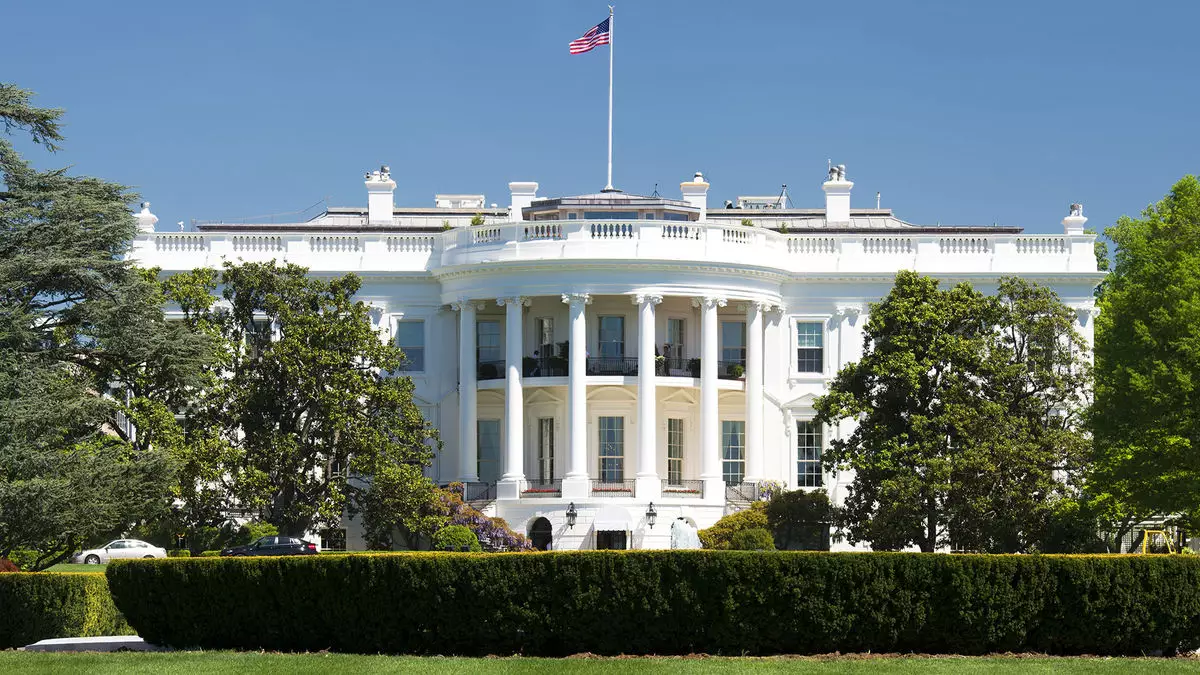In a bid to safeguard the interests of the travel industry, the American Society of Travel Advisors (ASTA) has laid out a comprehensive list of priorities directed at the incoming Trump administration. These priorities reflect deep concerns about travel bans, regulatory changes, and the pressing issue of airline ticket refunds. The tone of ASTA’s letter is both urgent and cautionary, recognizing the potential ramifications of Trump’s past policies on the future of American tourism and travel services.
One of the most significant issues raised is the potential reinstatement of travel bans echoing Trump’s earlier presidency. His initial travel ban, which emerged as a controversial executive order in January 2017, aimed at restricting entry from several Muslim-majority countries. This policy spurred widespread backlash, especially from within the travel sector, which worried that such bans could deter international tourists and harm the industry’s profitability.
ASTA’s CEO, Zane Kerby, articulated profound concern over any repeat of such restrictions. He warned that “any restrictions on travel to, from or within the United States would create tremendous uncertainty,” a sentiment that underlines the fragile state of the travel industry. With the sector still reeling from the impact of the pandemic, any travel bans could lead to decreased tourism and hurt the U.S. market’s competitiveness on the global stage. The letter implores the new administration to think critically about the unintended consequences that travel restrictions would yield, not only for the industry but for American diplomacy and international relationships as well.
An equally pressing matter highlighted in ASTA’s correspondence concerns airline ticket refunds, particularly in light of new regulations from the Department of Transportation (DOT). A rule that recently became effective mandates the merchant of record for airline ticket sales to issue refunds promptly when flights are canceled or significantly altered. However, travel agencies often do not have the necessary liquidity to cover these refunds independently, especially when they purchase airline seats in bulk for groups.
ASTA urges that the new administration signal airlines to refine these regulations. Specifically, they propose that airlines be required to refund ticket agents within seven days of a cancellation, which would give travel agencies enough time to process refunds to their customers. This proposal aims to protect travel businesses from potential financial pitfalls that could result from having to manage sizeable refunds with limited cash flow.
As the complexities of the travel refund landscape become evident, the call for a more streamlined approach resonates. Clarity and promptness in reimbursement would not only bolster agency stability but also instill confidence among travelers wary of making future bookings.
Another cornerstone of ASTA’s recommendations pertains to the classification of independent contractors (ICs) within the travel industry. The recent changes instituted by the Department of Labor have led to inconsistencies regarding how ICs are categorized, affecting an estimated 85,000 individuals in the United States. These changes can create confusion and complicate the flexibility that many travel agencies rely on.
ASTA is advocating for a reversion to 2021 regulations which offered a more coherent framework for classifying workers. By simplifying the classification process, travel agencies can maintain operational stability without the fear of sudden regulatory consequences. Moreover, the push for a unified classification standard across federal agencies is essential for clarity and operational predictability in the industry.
The role of consumer protection regulations also emerges prominently in ASTA’s requests. They propose modifications to the Federal Trade Commission’s (FTC) rules surrounding hotel “junk fees.” As it stands, travel agencies face potential penalties for inaccurate information received from hotels, a situation ASTA deems unfair since agencies often act as intermediaries without direct control over the information provided. They urge for an exemption to shield travel advisors from unwarranted enforcement actions, thereby promoting an environment where travel agents can operate without fear of accidental compliance violations.
Furthermore, the formation of a Passenger Experience Advisory Committee within the DOT is another proposal aimed at amplifying the voice of travel advisors in conversations about air travel policies. The composition of this committee is pivotal, as it can ensure that the interests of ticket agents, who account for a substantial share of ticket sales, are represented effectively.
ASTA’s detailed letter underscores the necessity of collaboration between the travel industry and government entities. As the incoming administration prepares to take office, these requests signal a desire for proactive policy-making that supports an industry in recovery. The interconnectedness of regulatory decisions and the travel sector’s health cannot be overstated. Ultimately, fostering a cooperative environment will not only safeguard travel advisors but also enhance the overall travel experience for consumers, ensuring that America remains a competitive player in the global tourism market.


Leave a Reply